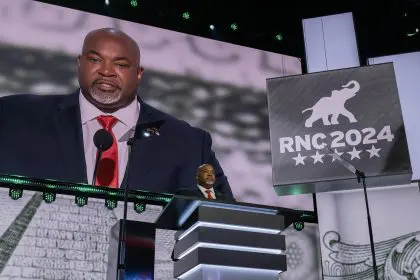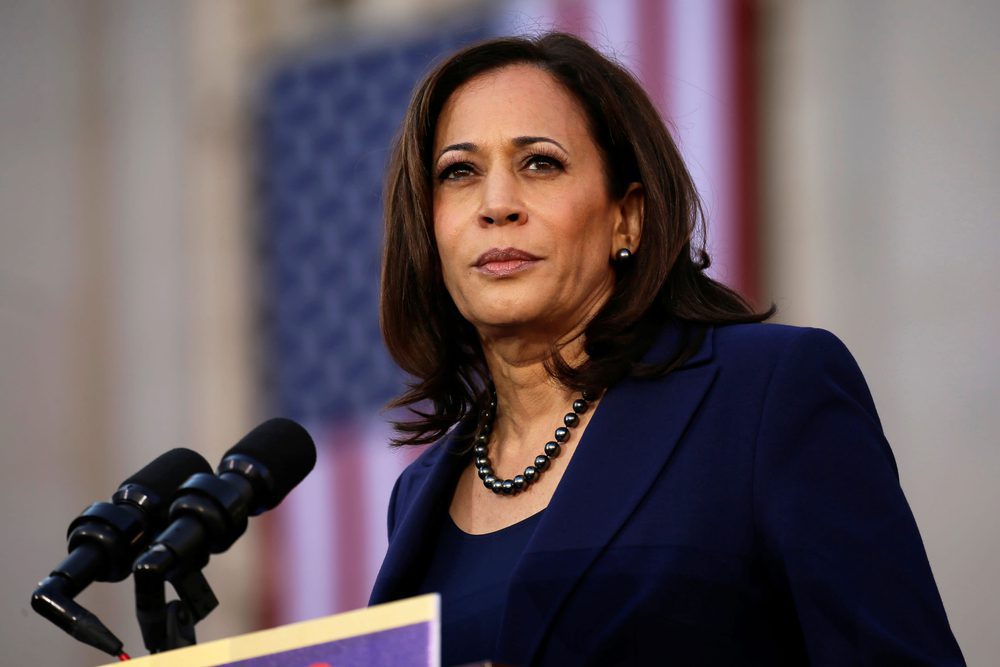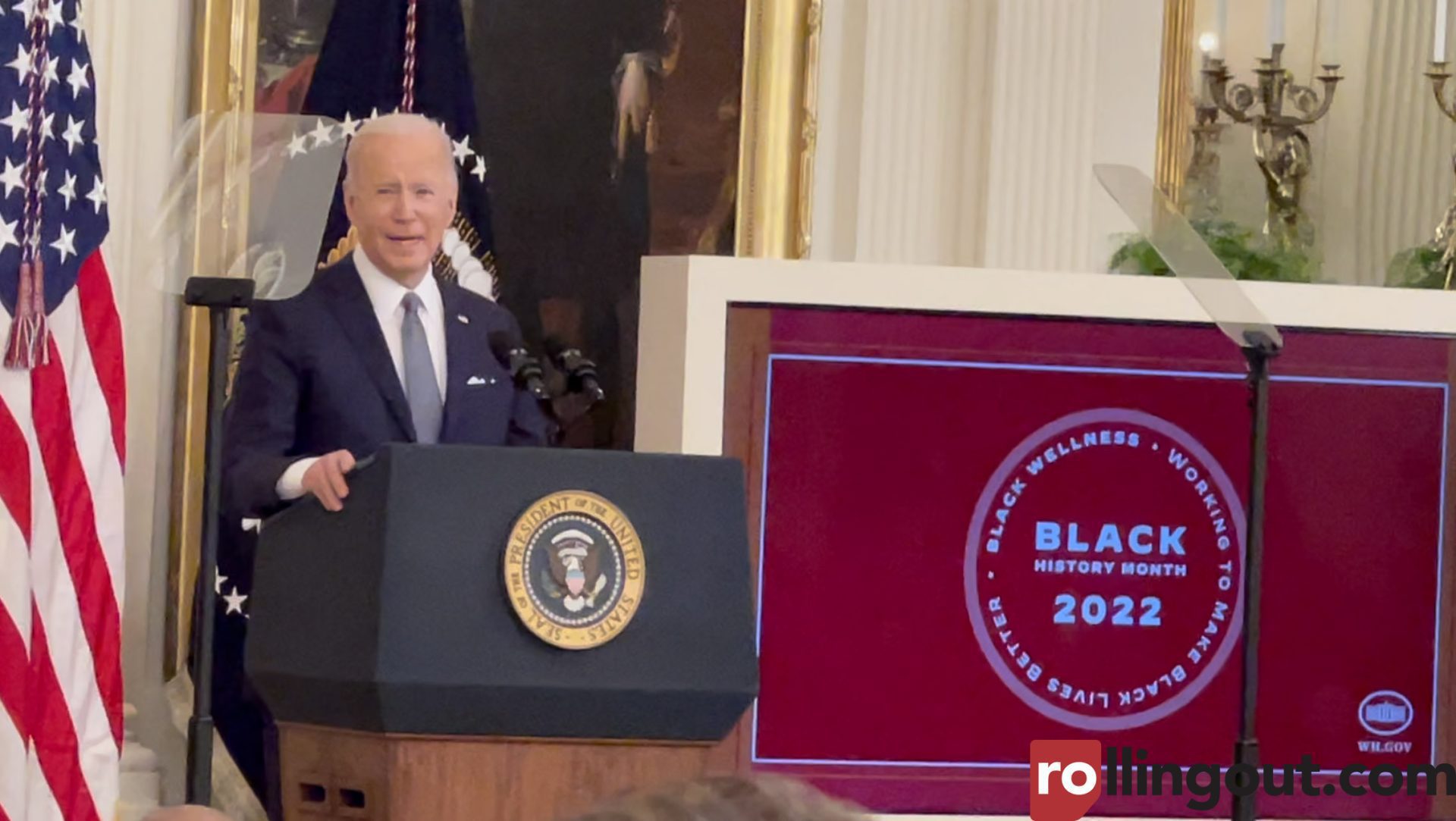Near the Israel-Gaza border (CNN) — After eight days of violence and nearly 150 deaths on both sides of the Israel-Gaza border, a cease-fire Wednesday promised to silence the warplanes and rocket launchers and restore a tense peace to the trouble region.
The cease-fire, announced Wednesday night in a joint news conference in Cairo with U.S. Secretary of State Hillary Clinton and Egyptian Foreign Minister Mohamed Kamel Amr, took effect at 9 p.m. (2 p.m. ET).
The agreement to end the hostilities came after a day of intensive negotiations featuring Clinton, Egyptian President Mohamed Morsy and Palestinian officials, and was a surprising cap to a day that saw militants strike deep inside Israel — with a public bus bombing in Tel Aviv that injured 24 people, according to police.
Israeli government spokesman Mark Regev said the agreement calls for “complete and total cessation of all hostile activity initiated in the Gaza Strip.”
“For us, that’s victory. That’s what we wanted,” he said.
Prime Minister Benjamin Netanyahu warned that additional military action could be needed if the cease-fire fails to lead to a long-term security solution.
“But at this time the right thing for the state of Israel is to exhaust this opportunity to obtain a long-term cease fire,” he said.
Netanyahu said he agreed to U.S. President Barack Obama’s suggestion to accept the cease-fire, and thanked Obama for his “unreserved support” of Israel’s actions.
Israel launched the conflict eight days ago with a stated goal of ending the frequent rocket attacks on southern Israel from inside Gaza. Hamas officials have termed it a criminal expansion of Israel’s occupation of Palestinian territory.
Israel will hold Hamas responsible for any attacks from Gaza, whether conducted by that organization or any others, Regev said. He said the agreement reflects that understanding.
Regev also said the deal calls for immediate talks on economic restrictions on Gaza.
“If the border is quiet, that enables us to be more forthcoming,” he said. “The arrangements agreed with the Egyptians say we’ll start talking from tomorrow about a process to work on those issues.”
Clinton, who shuttled between Israel, the West Bank and Egypt to help negotiate the deal, said the United States will continue to work with regional partners to implement and expand the agreement.
“For it to hold, the rocket attacks must end, a broader calm return,” she said.
Obama also spoke to Morsy Wednesday evening, thanking the Egyptian leader for his leadership in negotiating the cease-fire proposal.
As recently as Wednesday afternoon, Hamas officials were calling for more strikes against Israel, while that country’s military continued to press its campaign against suspected rocket-launching sites and what it described as “terrorist hideouts.”
Eleven people had died as of Wednesday night in Gaza, according to the Hamas-run al-Aqsa television station, bringing the total death toll in the Palestinian territory to 142 in eight days of fighting.
Five people died in Israel, and scores more were wounded — including four soldiers injured Wednesday in a mortar attack in the Eshkol region, according to the IDF.
The cease-fire talks, held in the West Bank, Israel and Cairo, withstood the lunchtime bus attack near the Defense Ministry headquarters in Tel Aviv. It was the first terror attack in that city since 2006, and the first assault on a bus in Israel since August 2011, when a man blew himself up near a bus near Eilat, killing the driver.
Terrorists planted at least two bombs on the bus and fled, Israeli police spokesman Micky Rosenfeld said. Only one of the bombs exploded, blowing out the windows of the bus but leaving the vehicle otherwise intact, he said.
Images on Israeli TV showed white smoke rising from the bus as police and witnesses milled outside. Police cordoned off the street. At least one passenger was taken out on a stretcher.
Rosenfeld said 24 people were wounded, three of them seriously. Aviva Shemer with Ichilov Hospital said pedestrians were among the injured.
One victim was in serious condition with shoulder injuries, while two others suffered moderate injuries from glass fragments. Some of those being treated suffered panic attacks, Shemer said.
Police said Wednesday evening they were seeking at least one and possibly two suspects.
Israeli authorities have stepped up security nationwide, with additional police on the streets and more plainclothes police officers patrolling public areas, Rosenfeld said.
Tel Aviv resident Audrey Shemesh, who lives in an apartment building overlook the scene of the explosion, said the attack had shaken her confidence in peace.
“They want us dead, and this is really sad,” Shemesh said of militants battling Israel, “For now I don’t see any solution. They don’t want to stop this. They just want to go on and on and on. It’s really sad because I believe in peace.”
Hamas put its own spin on the attack in a banner on al-Aqsa.
“Hamas blesses the suicide bombing and assures that it is a natural response to the massacre of the al-Dalou family and targeting of innocent Palestinian civilians.”
Nine members of the al-Dalou family died in an Israeli airstrike on Sunday, provoking outrage among Palestinians.
“We told you #IDF that our blessed hands will reach your leaders and soldiers wherever they are,” the al Qassam Brigades, the military wing of Hamas, said on Twitter. “You opened the Gates of Hell on Yourselves.”
Later, in an interview on the Hamas TV station al Aqsa, the group’s spokesman Fawzi Barhoum called on Palestinians for more such attacks — even as cease-fire talks were under way.
“We need more of these painful strikes inside the depths of Israel, in all the towns and cities and villages of Israel,” he said.
Wednesday’s cease-fire agreement seemed more concrete that the deal rumored to be imminent on Tuesday. Those talks faltered, with Hamas and Israel blaming each other for the breakdown.
“The Israelis did not respond last night at our revised conditions relayed to them through the Egyptian intelligence,” said Mousa Abu Marzouk, the deputy leader of Hamas in Cairo. “Talk of a temporary cease-fire or ‘calming down’ was brought to the table, yet they escalated their air strikes late last night as we were trying to reach any sort of cease-fire.”
Israeli President Shimon Peres, however, said Hamas was asking for conditions that Israel simply cannot meet.
“They want Israel to do nothing. We shall not fly over, we shall not guard the border,” he told CNN’s Wolf Blitzer. “Many others. The conditions of Israel is basically security conditions. Their conditions are political ones and this is a contradiction.”
On what appeared to be the last day of the campaign, Israeli bombs and artillery turned buildings, tunnels and bridges in Gaza into rubble in 100 strikes confirmed by Israeli authorities. Hamas struck back with at least 62 rockets aimed at southern Israel, according to the Israeli military.
The Israel Defense Forces (IDF) said it had targeted “dozens of terror infrastructure sites,” overnight, including Hamas’ Ministry of Internal Security, which it saw as a “main command and control center.”
Forces also took aim at a police compound, a “military hideout,” and other targets it linked to what it called Hamas’ “terror activity.”
The Israeli military also struck a media building, where it said Hamas “deliberately located” an “intelligence operation center,” and a system of tunnels used to transport fuel.
Militants, meanwhile, lobbed rockets and missiles toward Israel, targeting military bases, radar sites and numerous cities, including Beer Sheva, according to the al Qassam Brigades’ Twitter feed.
A rocket alarm howled in the Israeli city of Ashkelon shortly after 7:30 a.m. Wednesday, just minutes after Hamas’ TV broadcaster al-Aqsa reported its militants’ rockets striking there as well as in the towns of Sderot and Ashdod. CNN’s Fred Pleitgen in Ashkelon heard two impacts but could not say if the rockets hit anything.
All told, militants had fired 62 rockets from Gaza as of Wednesday afternoon, with 42 landing in Israel, according to the IDF. The Israeli military’s Iron Dome defense system intercepted the other 20, the IDF said.
Diplomats working on a cease-fire hope to avoid a repeat of 2008 and 2009, when at least 1,400 people died when Israeli troops invaded Gaza after a similar spate of rocket attacks.
In striving for the deal reached Wednesday night, Clinton shuttled between meetings with Palestinian and Israeli leadership, then moved on to Cairo, where she met with Morsy.
She met earlier in the day with Palestinian Authority President Mahmoud Abbas in Ramallah in the West Bank, according to the U.S. Embassy, as well as with Netanyahu in Jerusalem for a second day.
Abbas told Clinton that Gaza is facing a humanitarian crisis and that an immediate cease-fire was needed, according to the official Palestinian news agency WAFA.
Ban also met with Abbas in Ramallah Wednesday morning.
“Today the situation in Gaza is deeply alarming,” Ban said, standing next to Abbas at a news conference. “Rockets aimed at military targets inside Gaza are killing and injuring civilians and damaging… civilian infrastructures.”
He demanded that diplomacy pave the way forward and called for the emergence of a Palestinian state.
Pope Benedict, speaking from Vatican City, also issued a plea for peace.
“I feel the duty to reiterate once again that hatred and violence are not the solution to problems,” he said.
CNN’s Ben Brumfield, Dana Ford, Arwa Damon, Ben Wedeman, Christiane Amanpour, Mohamed Fadel Fahmy, Saad Abedine, Sara Sidner, Frederik Pleitgen, Kareem Khadder, Saad Abedine, Ingrid Formanek, Nicki Goulding, Neda Farshbaf, Marilia Brocchetto and Reza Sayah contributed to this report.















